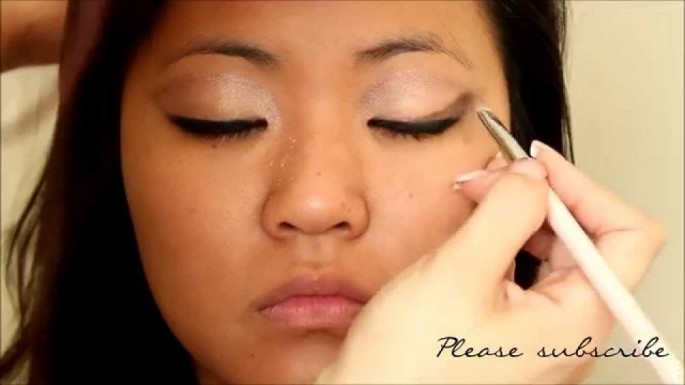China keeps on increasing the brands of South Korean products I has banned from being imported. When Beijing imposed the ban in January 2016, there were seven products on its lists.
By January the number reached 19 after several body wash, lotions, masks and shampoo were added to the list. While China pointed to sanitary issues and other concerns to justify the prohibition, many South Korean companies consider it a part of the sanctions that China imposed on Seoul for the Terminal High Altitude Area Defense antiballistic missile deployment, WWW reported.
From Hallyu to Cosmetics
The ban initially was on Hallyu stars and dramas, resulting in fan meets of Korean celebrities in China cancelled and Korean actors in Chinese TV shows removed from the cast. The prohibition included Korean actors endorsing Chinese brands, but the implementation seems random because while Vivo pulled out the mobile phone commercial of “Descendants of the Sun” actor Song Joong-ki from TV, the actor was able to endorse a Chinese cosmetic brand in a Shanghai event.
Kang So-min, LIG Investments and Securities analyst, noted that most of the prohibited beauty products were manufactured by smaller Korean companies not familiar with exportation of products overseas. Many are not ready for the paper trail or to observe foreign rules on imports unlike larger manufacturers such as LG or Amore Pacific, Kang said.
Close Expiration Dates
The products banned were made by Aekyung, Iaso, Ottie and CJ Lion, although CJ Lion is actually a subsidiary of a Japanese company whose shampoo was added to the banned list. But officials of China’s General Administration of Quality Supervision, Inspection and Quarantine, insist that the prohibition was because of close expiration dates and microbial contamination.
The China Food and Drug Administration also began in December 2016 to enforce stricter limits on amount of lead on products and it added 1,388 materials prohibited to be used in manufacture of any products. Because of the ban, shareprices of Korean cosmetic companies are going down. Stocks of AmorePacific, the biggest manufacture of cosmetics in South Korea, had shed almost 60 percent of its value since July, The Korea Times reported.



























